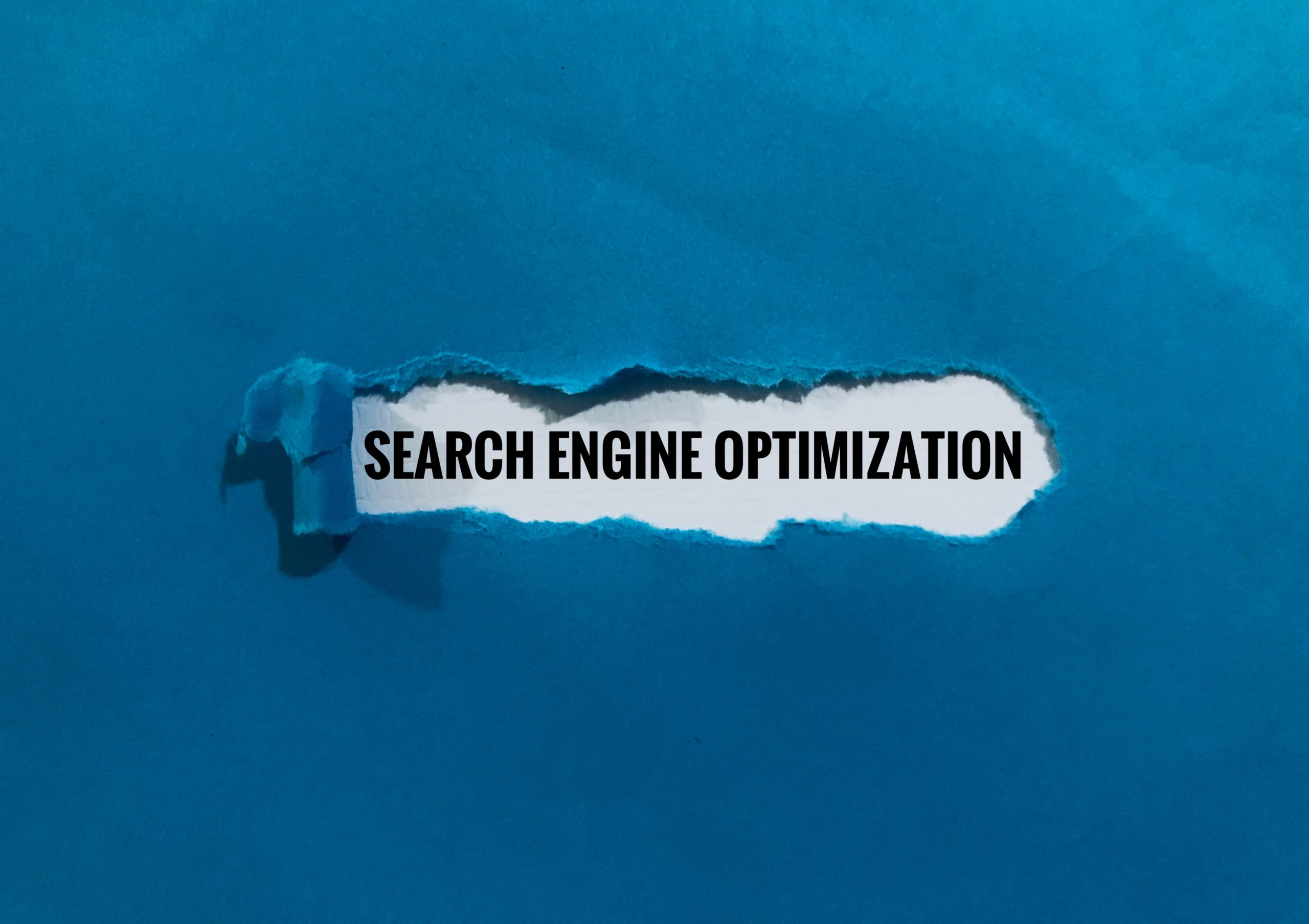A sudden 3% tax on digital products and tech services can reshape how every marketing agency and client in Maryland approaches investment. For marketers, the need to maximize ROI for clients has become even more urgent as Maryland’s new tax on tech services puts pressure on already-tight budgets. Every dollar allocated to software, advertising, and analytics must be justified. Choices about vendors and resource allocation have moved to the forefront, with each decision now carrying greater weight for client outcomes.
Rethinking Value and Margin
Maryland’s 3% tax has created an immediate ripple effect:
Margins narrow as the tax applies to core digital services, including SaaS tools and digital advertising platforms.
Invoices show higher amounts, sometimes without a visible increase in value, making clients more cautious about every line item.
Vendors often shift tax-related costs to clients, requiring agencies to juggle their own expenses alongside those of their clients.
This environment encourages more rigorous reviews of software and campaign effectiveness. Where inefficiencies once went unnoticed, now every overspend stands out.
Strategic Budget Realignment
Reducing spending across all channels may seem straightforward, but rarely delivers positive results. Maryland marketing teams are moving to a targeted approach, focusing on ROI drivers and reallocating investments strategically. Steps often include:
Assessing channel performance: Teams examine which channels provide the strongest conversions and cut back on those with weak returns. For instance, deeper analysis of paid search and social ads ensures funds only go to high-performing campaigns.
Building owned assets: Investments in robust websites, targeted email lists, and valuable content can pay off over time and shield against unpredictable external costs.
Prioritizing adaptability: Marketing strategies now involve more frequent adjustments, shifting resources based on up-to-date performance rather than following static annual plans.
Frequent and open communication between agencies and clients has become vital. These discussions support quick pivots in budget and ensure both sides are aligned on priorities.
Vendor Management and Platform Audits
Every software subscription and marketing tool must prove its worth. The tech services tax has accelerated platform audits and contract renegotiations. Agencies and clients are:
Conducting monthly platform usage reviews instead of waiting for annual check-ins.
Comparing alternatives for software and services to identify similar capabilities at a lower cost.
Requesting custom pricing from vendors, especially where usage does not fit standard packages.
For example, a marketing firm working with Maryland-based clients may spot redundant project management or analytics platforms during a review. By consolidating subscriptions and negotiating better terms, agencies can absorb the new tax’s impact while improving operational efficiency.
Campaign Optimization: Getting More from Every Dollar
With increased costs, data-driven decision-making becomes essential. Teams focus on:
Leveraging multi-touch attribution to pinpoint which customer interactions are most valuable.
Concentrating on campaign components that drive the highest returns, such as retargeting site visitors or nurturing leads with personalized email sequences.
Consistently testing creative elements and messaging to boost audience engagement and conversion rates.
A Maryland brand, for instance, may discover that by shifting budget from broad social awareness campaigns to high-conversion email workflows, they achieve better results. The key is making informed adjustments using reliable data, which can help offset the effects of added expenses like the tech services tax.
Transparent Client Communication
Unexpected costs require clear, honest conversation. Maryland agencies are building trust by:
Explaining how the 3% tech services tax impacts costs and appears on invoices.
Sharing scenarios during meetings to help clients understand their options, such as the effects of reducing ad spend or reallocating budget.
Bringing clients into the budgeting process, with transparent reporting and regular reviews of campaign outcomes.
By taking this approach, agencies foster genuine partnership. Clients are empowered to make informed decisions, and both sides work together to maintain strong results despite added challenges.
Turning Challenge Into Long-Term Improvement
While the new tax may seem like a hurdle, it has prompted marketing teams to develop better habits. Over time, these changes become competitive advantages:
Tech stacks become leaner, with unnecessary subscriptions and software eliminated.
Performance reviews become standard, driving ongoing optimization rather than periodic corrections.
Collaboration and transparency drive stronger partnerships and more sustainable growth.
Embracing these practices helps Maryland agencies and their clients stay resilient—whether facing new taxes or other changes in the market. Staying focused on measurable value and ongoing dialogue allows teams to adapt and thrive, even as costs shift.
















